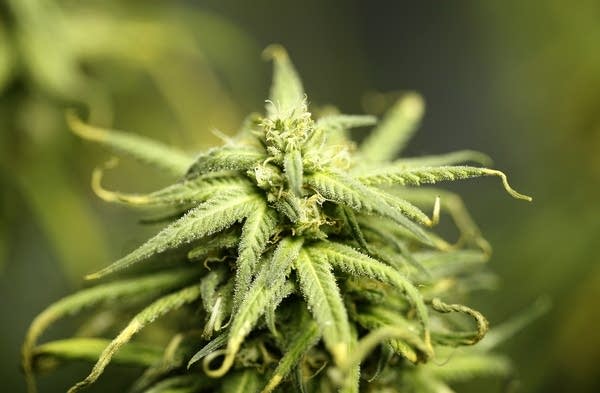Pharmacists ready, worry over new role: Medical pot dispenser

Marijuana plants grow at Perennial Holistic Wellness Center in Los Angeles.
David McNew/Getty Images
Go Deeper.
Create an account or log in to save stories.
Like this?
Thanks for liking this story! We have added it to a list of your favorite stories.


